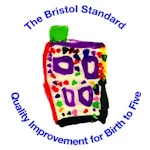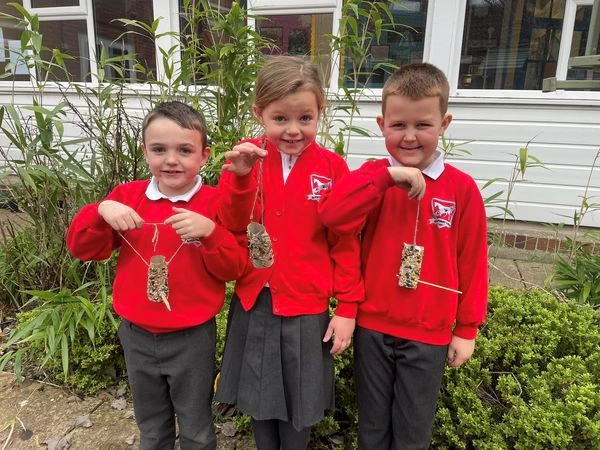
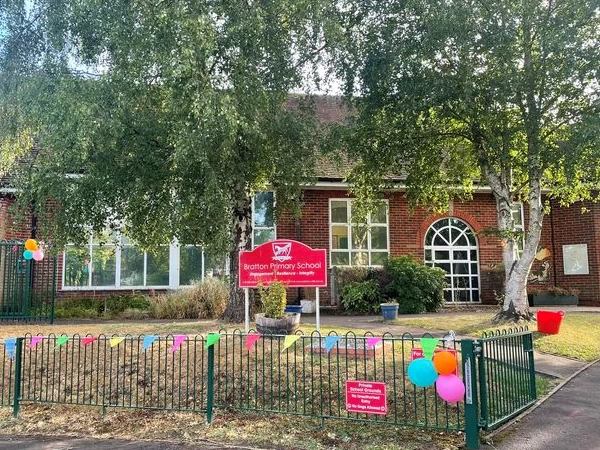
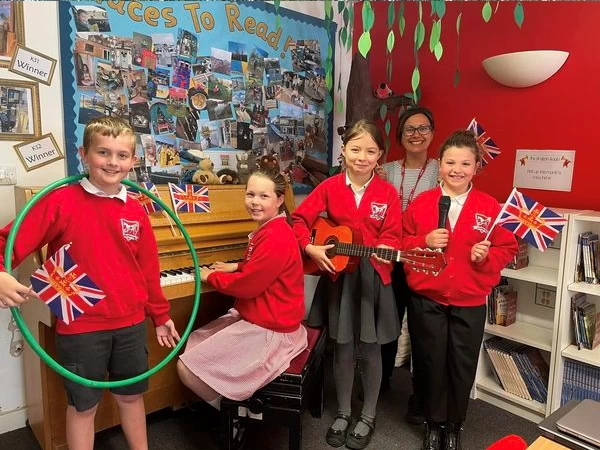
Writing
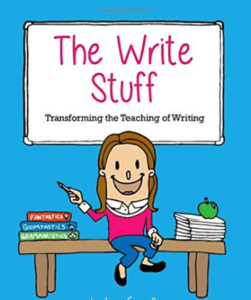 In English we follow ‘The Write Stuff’ by Jane Considine using high quality texts as a writing stimulus. We have a strong focus on developing vocabulary, using key words in all lessons across the curriculum in order to broaden our vocabulary and deepen our understanding. We consider how authors play with sentence structure, language and words and try to emulate this when we write.
In English we follow ‘The Write Stuff’ by Jane Considine using high quality texts as a writing stimulus. We have a strong focus on developing vocabulary, using key words in all lessons across the curriculum in order to broaden our vocabulary and deepen our understanding. We consider how authors play with sentence structure, language and words and try to emulate this when we write.
Why is writing important?
The primary goals of writing for children is to learn to use writing effectively to communicate, to persuade, to inform, to learn, to reflect about yourself and also to entertain others. What really makes writing motivating for young children is sharing it and being successful with it. Writing is critical for children’s success in schools. One of the primary ways that we assess children’s knowledge in content areas is by having them write about what they know. Writing is also an important tool for facilitating learning and reading. When we teach specific writing skills, the children’s corresponding skills in reading improves. For example, teaching spelling results in improved word reading skills. Teaching sentence construction skills improves reading fluency. When we write about a text, it forces us to actively think about what we read, improving our understanding and comprehension. When we write about things that we’re learning in the classroom, such as a science experiment, we come to a better conceptual understanding of the material.
Writing in Key Stage One
In Key Stage One we focus on securing sentence construction, building stamina to chunk sentences up into whole texts. We work hard to support our pupils to apply their phonics knowledge to spell with increasing accuracy.
We provide opportunities for pupils to practise and apply their writing skills throughout our provision. All classrooms have dedicated working walls to support children in developing their ideas, vocabulary and sentence structure.
Progression In Writing Genres
In order to ensure children develop a strong knowledge of different genres, we have created a progression list of writing genres for Bratton Primary School. The purpose of this is to ensure that children experience different types of writing in each year group but they do not need to experience every type of writing in every year group. Children start by learning different genres in-depth and then as they progress through the school, more genres are introduced and previously taught genres are revisited to help support long-term memory. Therefore, by the time children reach upper KS2, they are able to write a range of different genres with confidence because they have a deep understanding and knowledge of each type of writing style.
Following ‘The Write Stuff’ approach, there are three zones of writing that we encourage the children to work through.
“The Write Stuff” follows a method called “Sentence Stacking” which refers to the fact that sentences are stacked together chronologically and organised to engage children with short, intensive moments of learning that they can then immediately apply to their own writing. An individual lesson is based on a sentence model, broken in to 3 learning chunks. Each learning chunk has three sections:
- Initiate section – a stimulus to capture the children’s imagination and set up a sentence.
- Model section – the teacher close models a sentence that outlines clear writing features and techniques.
- Enable section – the children write their sentence, following the model.
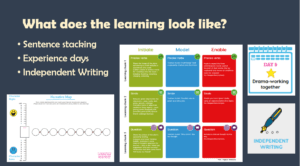
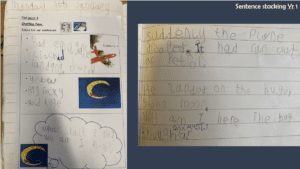
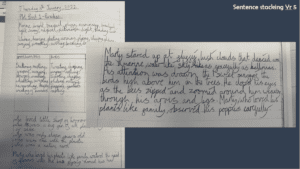
Children are challenged to ‘Deepen the Moment’ which requires them to independently draw upon previously learnt skills and apply them to their writing during that chunk.
“The Write Stuff” uses three essential components to support children in becoming great writers
The three zones of writing :-
- IDEAS – The FANTASTICs uses a child friendly acronym to represent the nine idea lenses through which children can craft their ideas.
- TOOLS – The GRAMMARISTICS. The grammar rules of our language system and an accessible way to target weaknesses in pupils grammatical and linguistic structures.
- TECHNIQUES – The BOOMTASTICs which helps children capture 10 ways of adding drama and poetic devices to writing in a vivid visual.
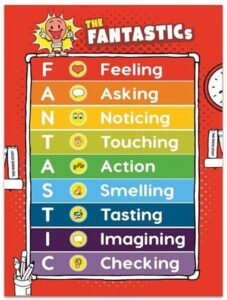
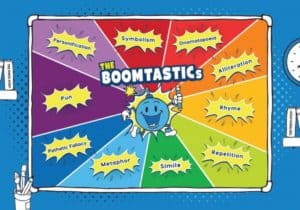
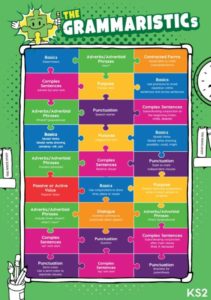
Handwriting
At Bratton Primary School we are developing our pupil’s handwriting, take particular care in our cursive/joined-up handwriting style. We use Letter-join as the basis of our handwriting policy that covers all the requirements of the National Curriculum.
Handwriting is a basic skill that influences the quality of work throughout the curriculum. At the end of Key Stage 2 all pupils should have the ability to produce fluent, legible and, eventually, speedy joined-up handwriting, and to understand the different forms of handwriting used for different purposes.
We aim to make handwriting an automatic process that does not interfere with creative and mental thinking.
As a catalyst to speedy handwriting we encourage parents and carers to use the Letter-join resources at home and can arrange for free access to the Home Edition of Letter-join.


